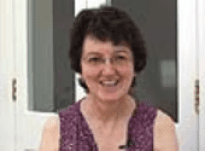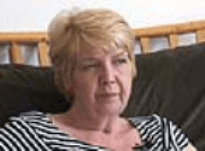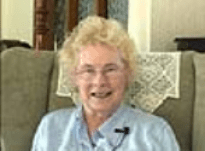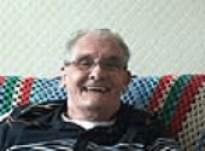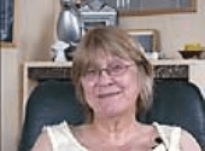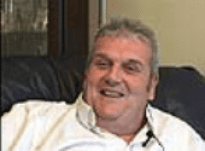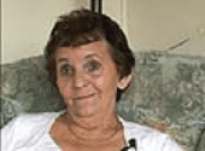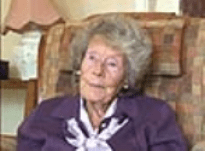
Rose - Interview 33
Diagnosed in1989 and on hormone replacement therapy (HRT) for fourteen years. Currently on alendronic acid, 70 milligrams once weekly and Calcichew D3 Forte twice daily. Her bone density mass has improved particularly on her hips. She was also diagnosed with mastocytosis.
Married with two adult daughters; retired secretary. Her involvement with a support group provided her with knowledge about osteoporosis and has helped her come to terms with the condition.

